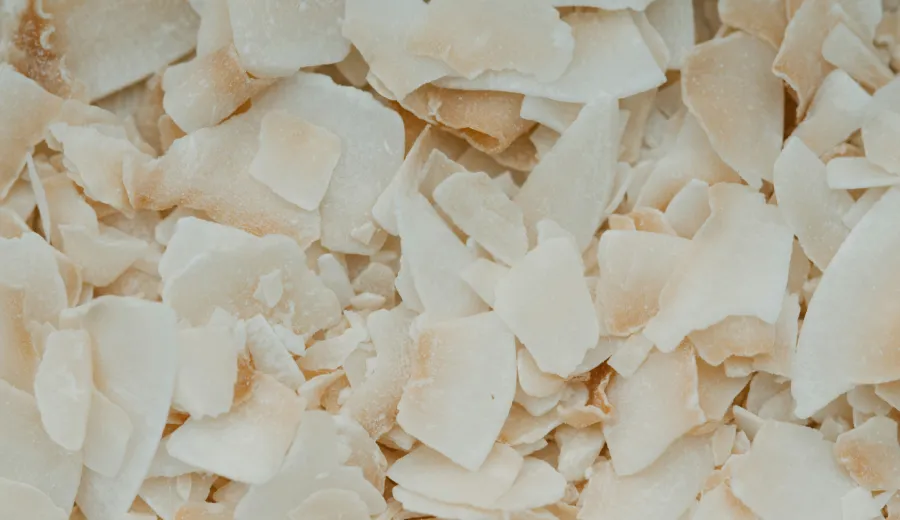
From tropical regions to industries worldwide, dried coconut suppliers ensure a reliable supply of this versatile ingredient, supporting applications ranging from food production to cosmetics. Harvested from mature coconuts, the fruit is processed and dried to retain its flavor and nutritional value, making it a cornerstone in the dried fruits market.
Coconuts (Cocos nucifera) are one of the most useful tropical fruits found around the world. They are valued for cooking, nutrition, and various industries. Grown in warm areas, coconuts are collected for their water, flesh, milk, oil, and husk. Their many uses make them important in many global dishes and in making products like cosmetics, textiles, and healthy foods. In tropical fruit mixes, coconuts are often paired with bananas, pineapples, or mangoes.
Dried coconut products come in different forms for use in food and drinks:
Coconut products are becoming more important for making vegan, keto, paleo, and allergen-free foods.
Coconuts are ready to be harvested about 10 to 12 months after they flower. This means they can be harvested throughout the year in many tropical places. However, the best times to harvest varies by region. In Southeast Asia, such as the Philippines and Indonesia, coconuts are picked all the time, with slight increases during the dry season. In India and Sri Lanka, coconuts are harvested year-round, with the most collected from December to March. In Brazil, the harvest takes place during the wet season, from December to March, when coconuts are at their best.
Coconuts grow in tropical areas around the world. Some countries are leading in coconut production:
These countries provide fresh coconuts, dried products, and other coconut goods all year long.
In recent years, many people have started to want more coconut-based products. This change is due to a growing interest in healthy and plant-based diets. Coconut oil is popular in personal care and among those who prefer natural foods. Coconut milk is often used as a dairy alternative for vegans and people who can't have lactose.
Desiccated coconut and coconut flour are also becoming more popular in gluten-free and allergen-friendly foods. Additionally, coconut water is now a favorite drink because it helps with hydration and contains useful electrolytes.
There is also a strong focus on how coconuts are sourced. The coconut marketplace on Nutrada encourages supply chains that are open and fair, supporting good labor practices and environmentally friendly methods.
Nutrada connects coconut importers with certified coconut producers in Indonesia, the Philippines, India, Brazil, and Sri Lanka. If you're looking for desiccated coconut, coconut chips, milk powder, or virgin oil, sourcing from Nutrada offers assurance. Our suppliers guarantee high-quality products, correct documentation, and global shipping.
Buyers looking for coconut in bulk can receive them in various packaging. Most commonly, dried coconut products are shipped in carton boxes. Coconut oil is usually shipped in canisters, drums or IBC's. All packaging materials should comply with food safety standards for packaging materials. The Nutrada platform helps you source products based on form, origin, quality, and certification level. Finding the right supplier has never been this easy.
Are you thinking about starting a coconut-based snack or baking mix? Nutrada is here to help. Our supplier network offers private label services and solutions. Our network provides support with formulation, regulations, and custom packaging for coconut flours, snacks, and drinks.
On Nutrada, you can find suppliers who sell organic coconut products certified by USDA Organic, EU Organic, and other trusted standards. These products include desiccated coconut, coconut flour, coconut oil, and coconut sugar. They come from certified farms in the Philippines, Sri Lanka, and India.
What are you waiting for? Finding coconut suppliers is easy with Nutrada. Just fill out your needs, and you'll find many suppliers from around the world in minutes. Sign up now and see for yourself.